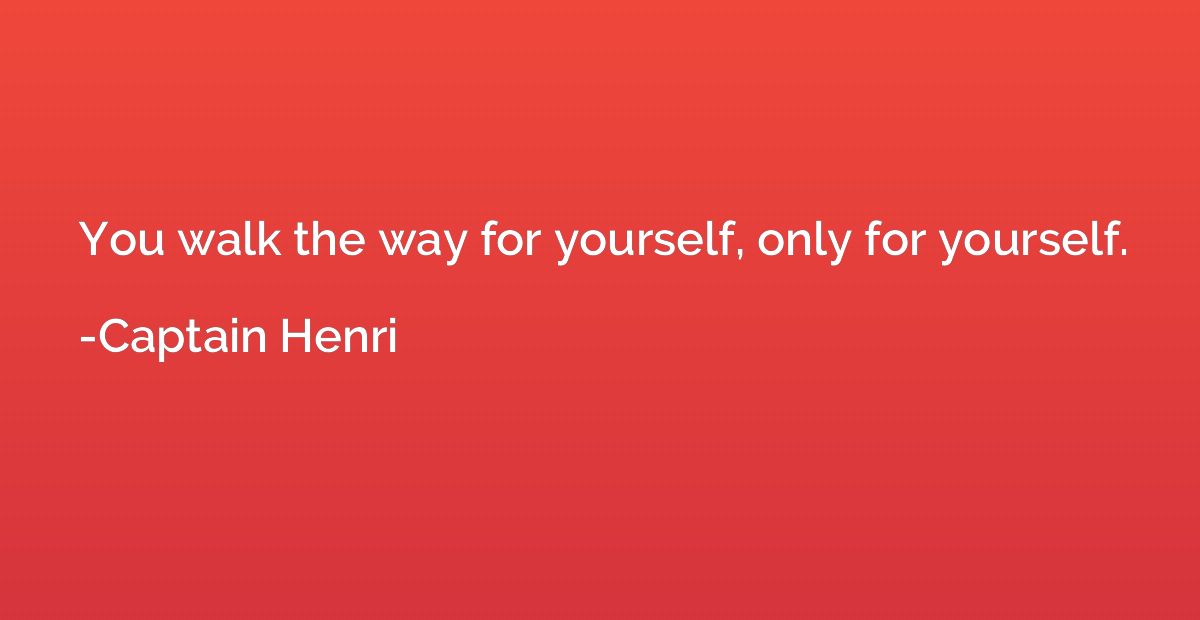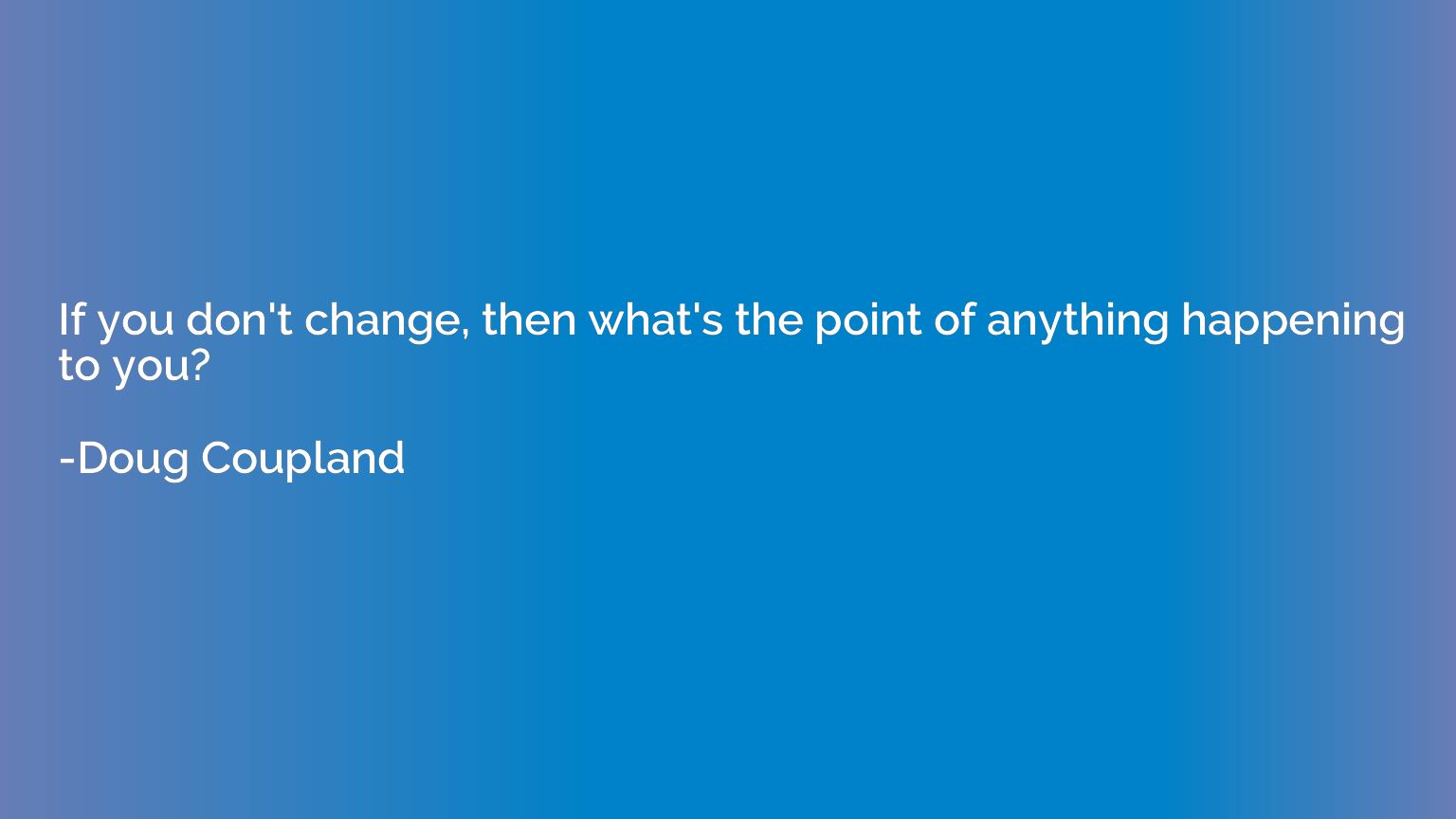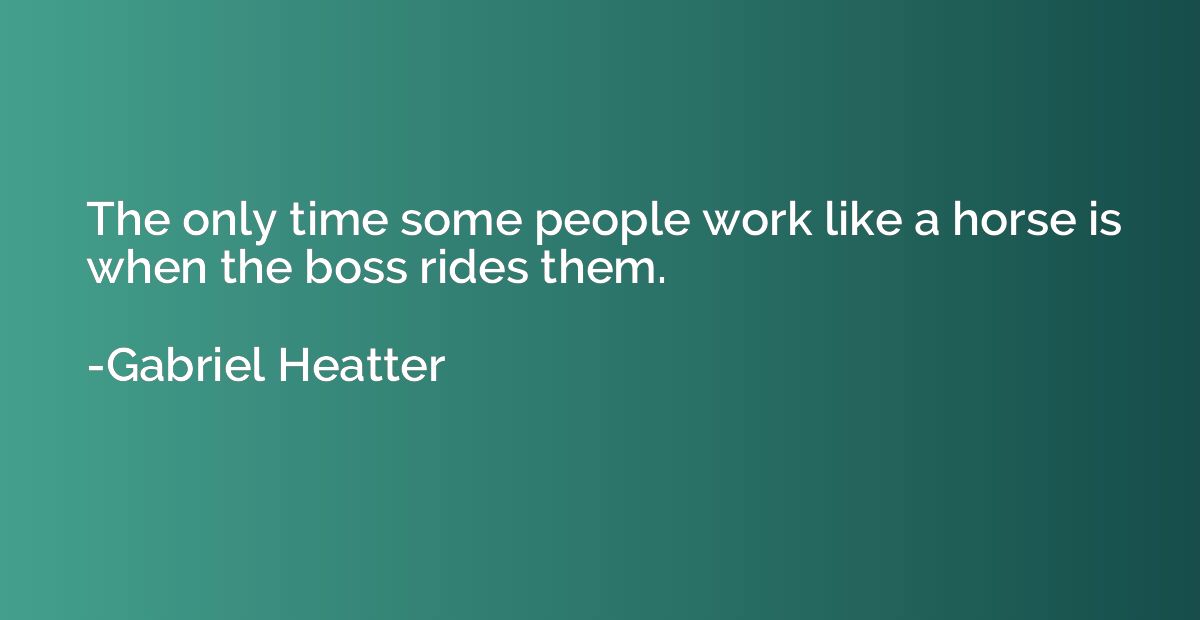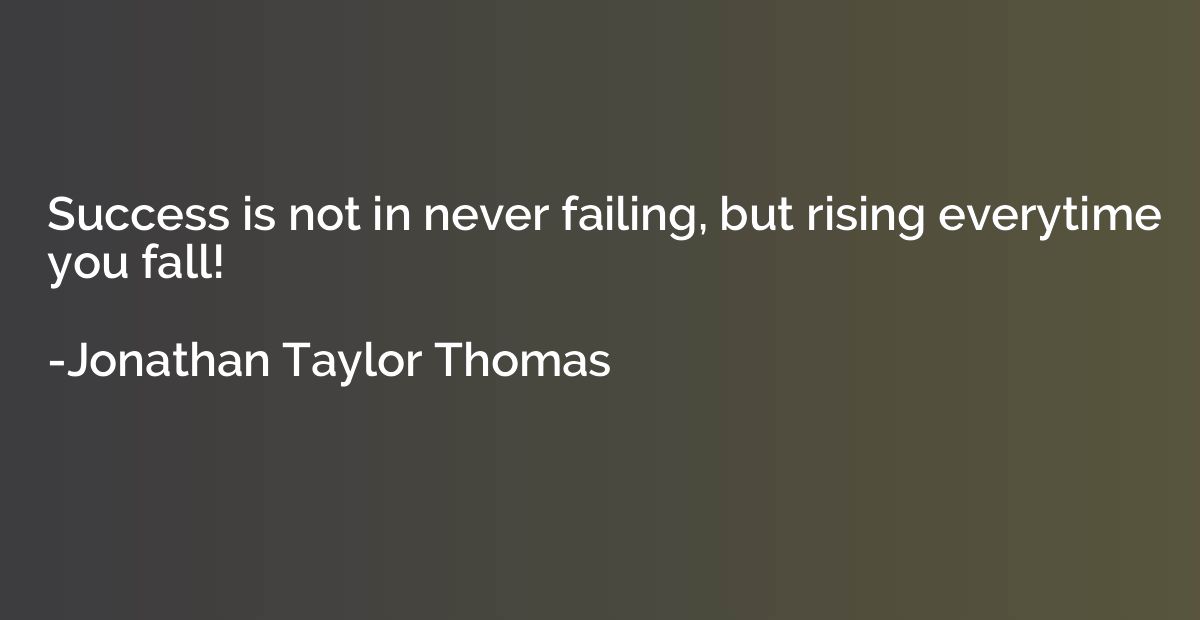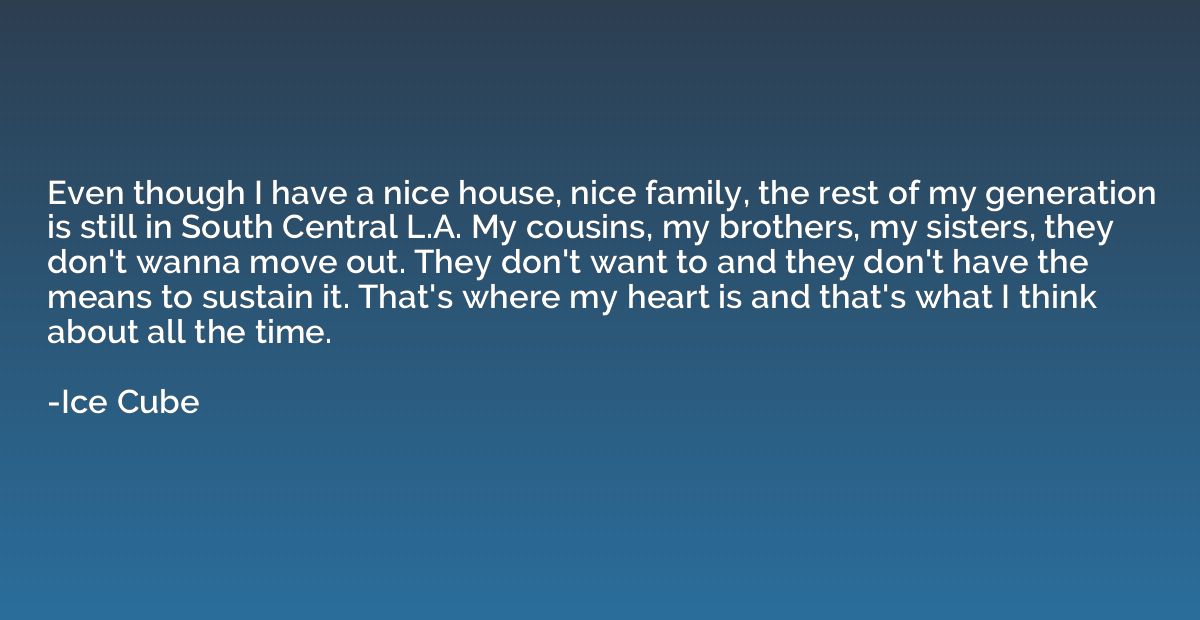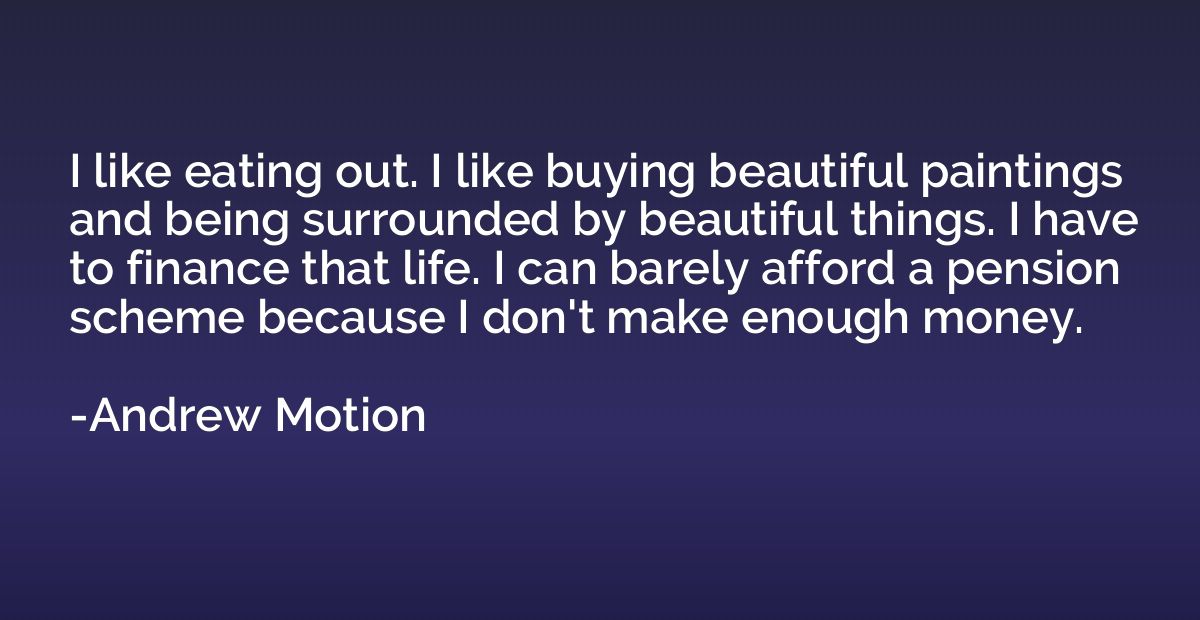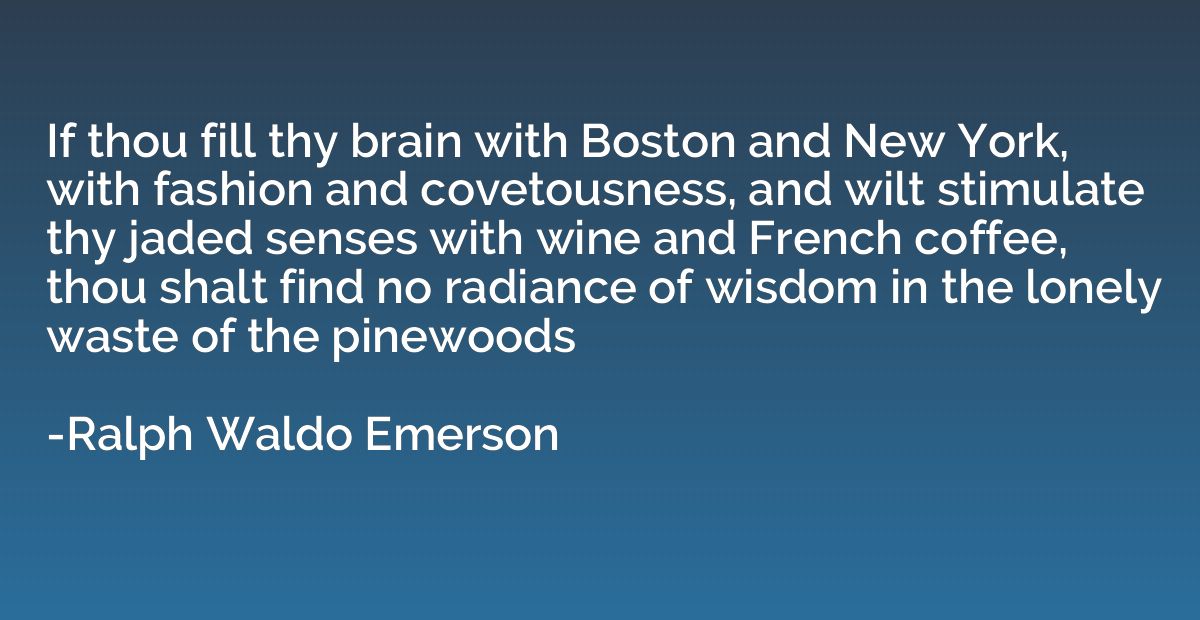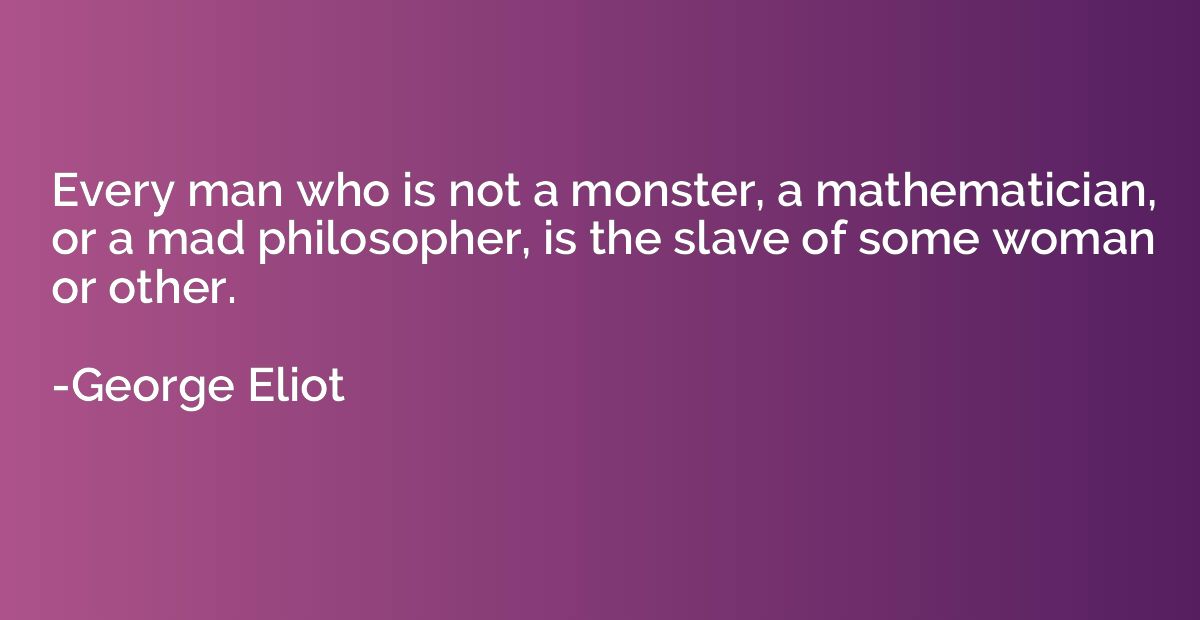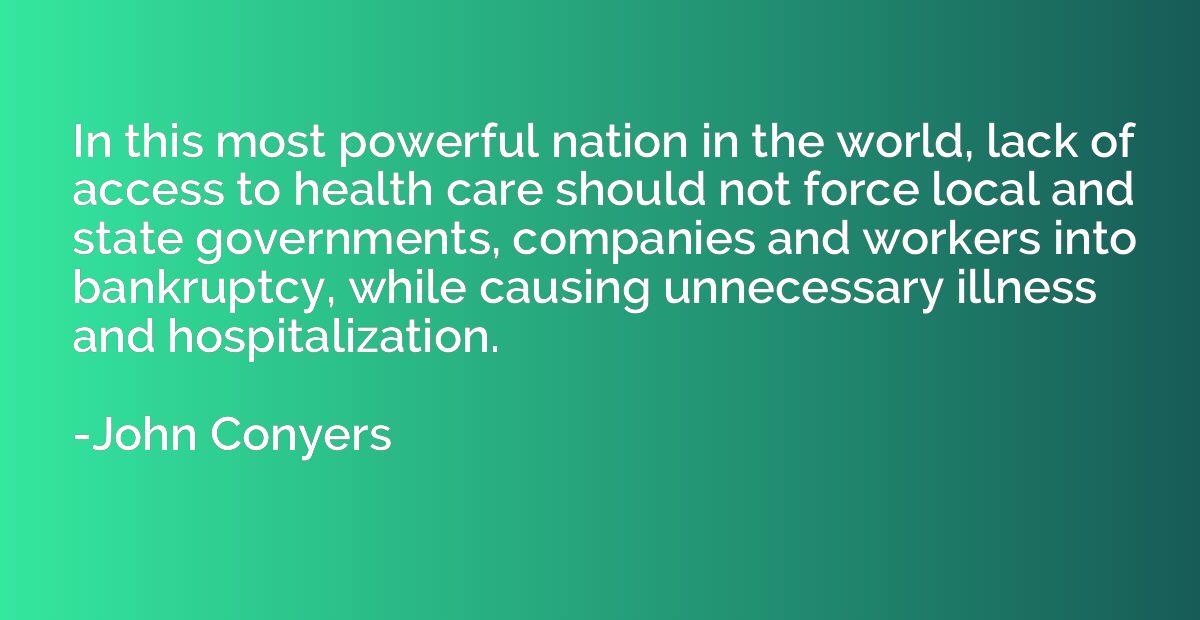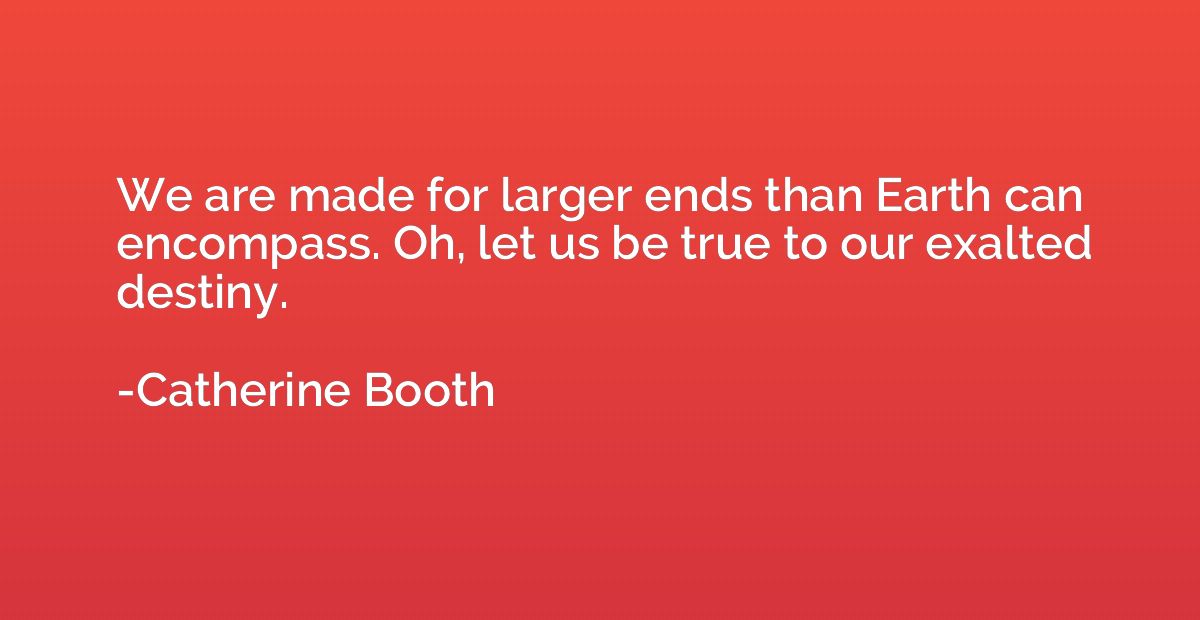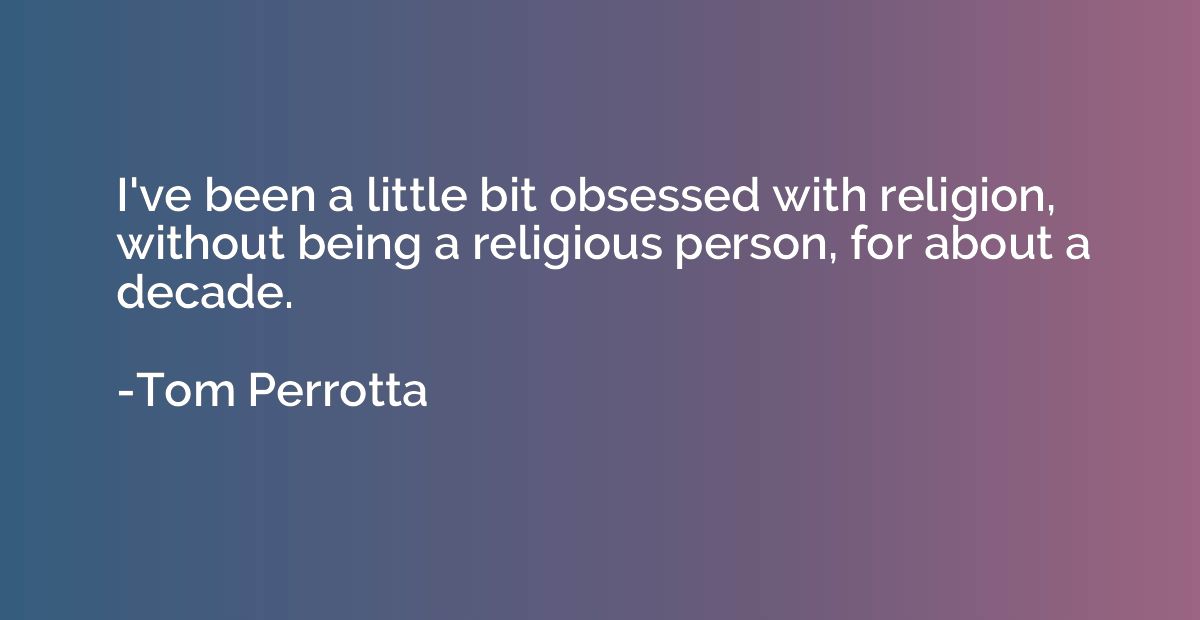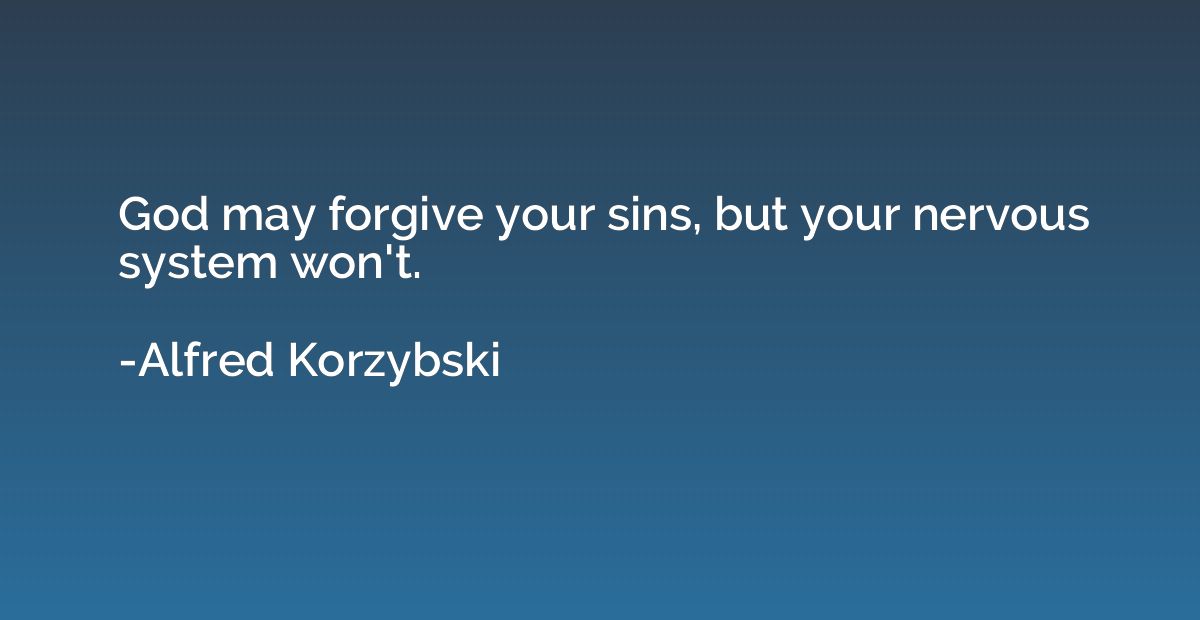Quote by John Fitzgerald Kennedy
I see little of more importance to the future of our country and of civilization than full recognition of the place of the artist. If art is to nourish the roots of our culture, society must set the artist free to follow his vision wherever it takes him.
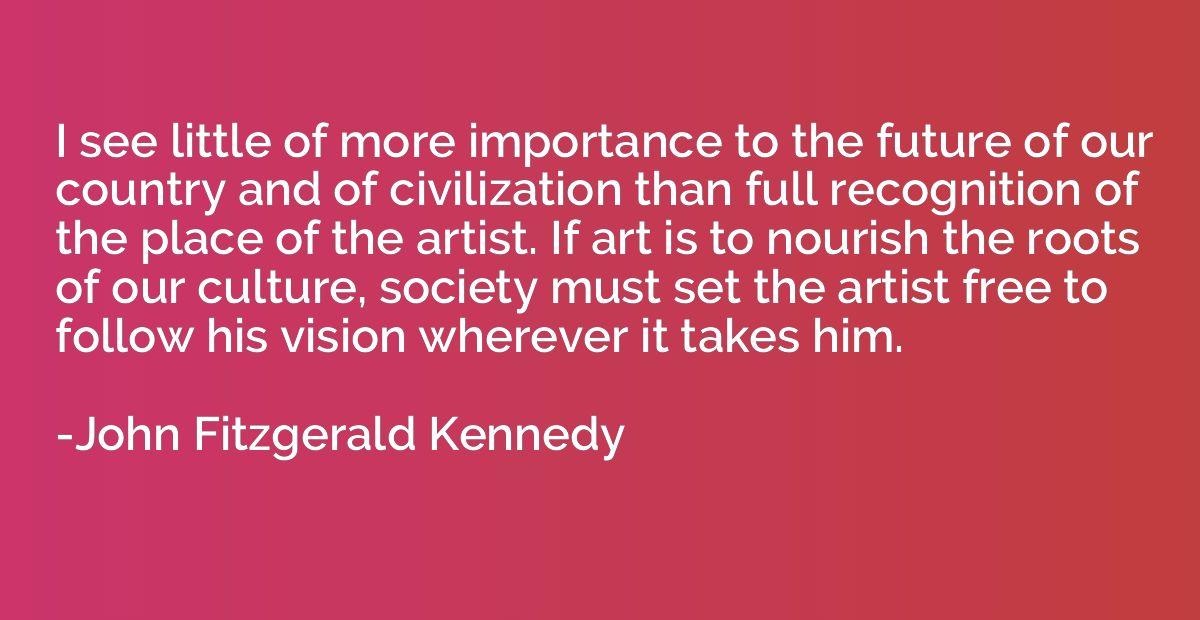
Summary
This quote highlights the significance of recognizing and valuing the role of artists in society. The author contends that the future of a country and civilization relies heavily on embracing and supporting the artist and their creative endeavors. By allowing the artist to freely pursue their vision, society can promote and enrich its cultural heritage. It suggests that giving artists the freedom to explore and express themselves without limitations is crucial for the flourishing of art and the overall progress of society.



